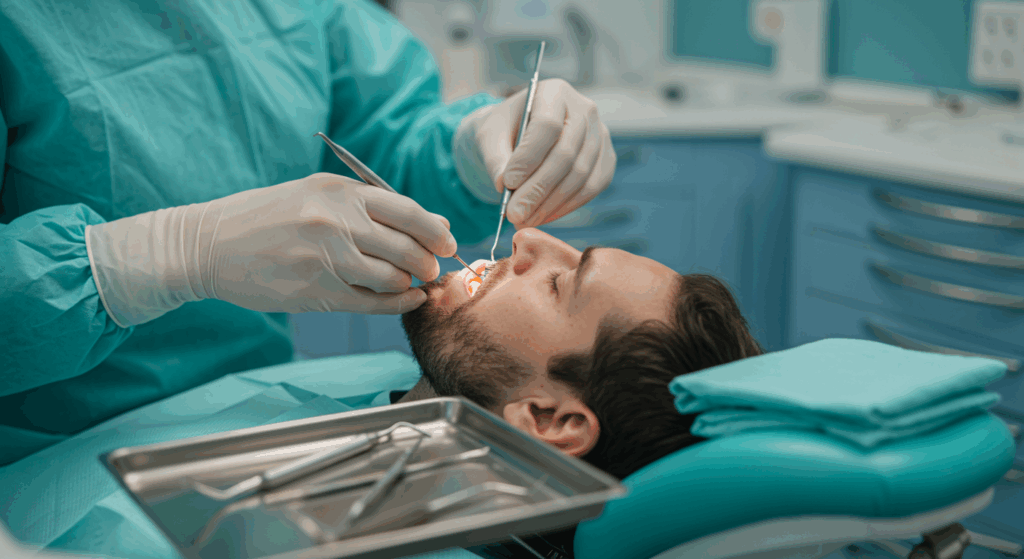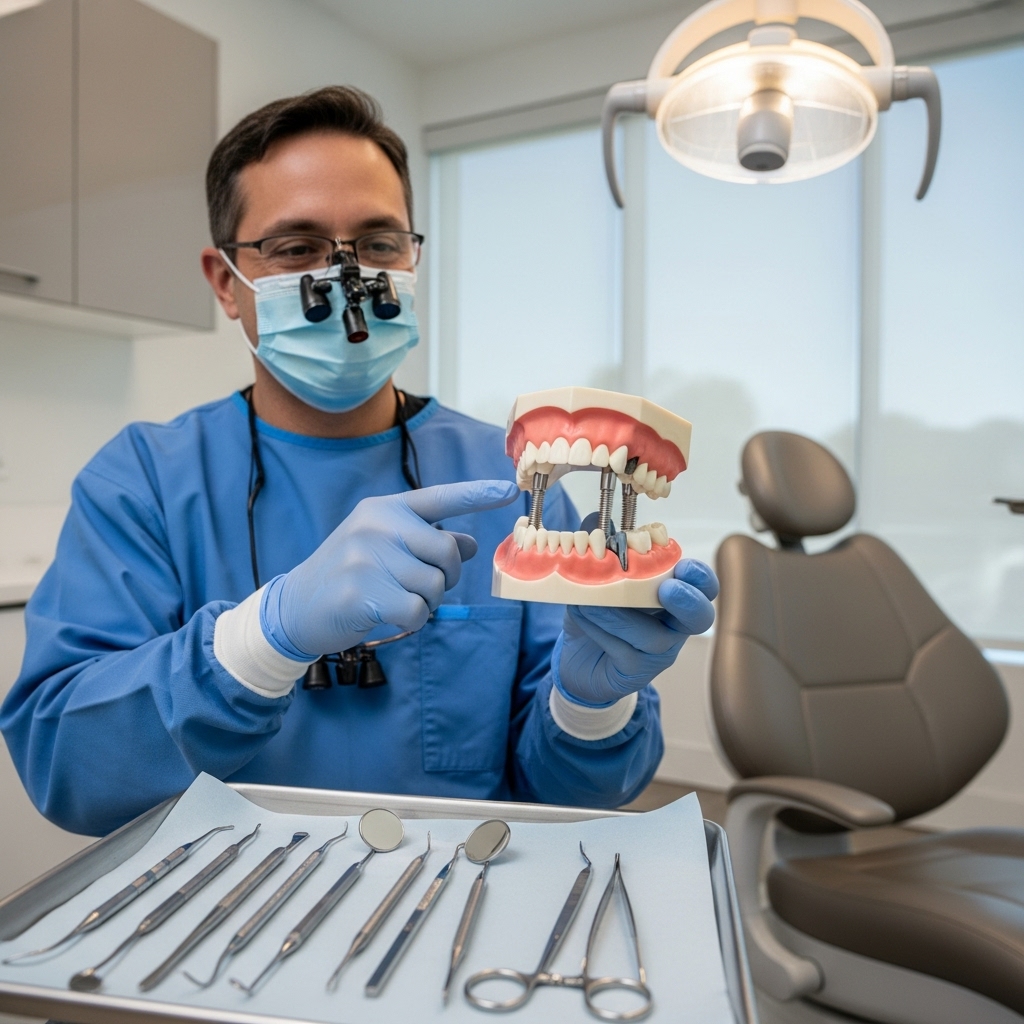
Preparing properly for a dental implant procedure can make a significant difference in your comfort, recovery, and overall success of the treatment. Knowing what to expect before, during, and after the procedure ensures a smoother experience and helps reduce stress.
Pre-Procedure Dental Exams and Imaging
Before your implant surgery, your dentist will conduct a thorough examination to evaluate your oral health. This usually includes:
X-rays or 3D scans: To assess the jawbone and identify the ideal implant placement.
Dental impressions: To create a custom crown that fits perfectly.
Health review: To check for conditions like diabetes or immune issues that may affect healing.
These steps allow the dentist to plan the procedure accurately and anticipate potential challenges.
Preparing Your Mouth and Overall Health
A healthy mouth and body are crucial for successful dental implants. Tips for preparation include:
Maintain excellent oral hygiene: Brush and floss regularly to reduce bacteria.
Avoid smoking and alcohol: Both can slow down healing and increase the risk of implant failure.
Manage chronic conditions: Ensure conditions such as diabetes are under control.
Follow dietary advice: You may need to adjust your diet before surgery as recommended by your dentist.
What to Expect on the Day of the Procedure
Understanding the steps of the surgery can ease anxiety:
Anesthesia: Local anesthesia is usually administered, though sedation may be an option.
Implant placement: The dentist will carefully insert the titanium post into your jawbone.
Comfort measures: Many dentists provide pain management options and post-operative instructions.
Time: The procedure can take 1–2 hours per implant, depending on complexity.
Post-Procedure Care Instructions
Recovery begins immediately after surgery, and proper care is essential:
Pain management: Over-the-counter or prescribed medications can reduce discomfort.
Swelling control: Ice packs applied to the cheek help manage swelling.
Diet: Stick to soft foods for the first few days, avoiding hot or crunchy foods.
Oral hygiene: Gently rinse with salt water or dentist-recommended solutions to keep the area clean.



